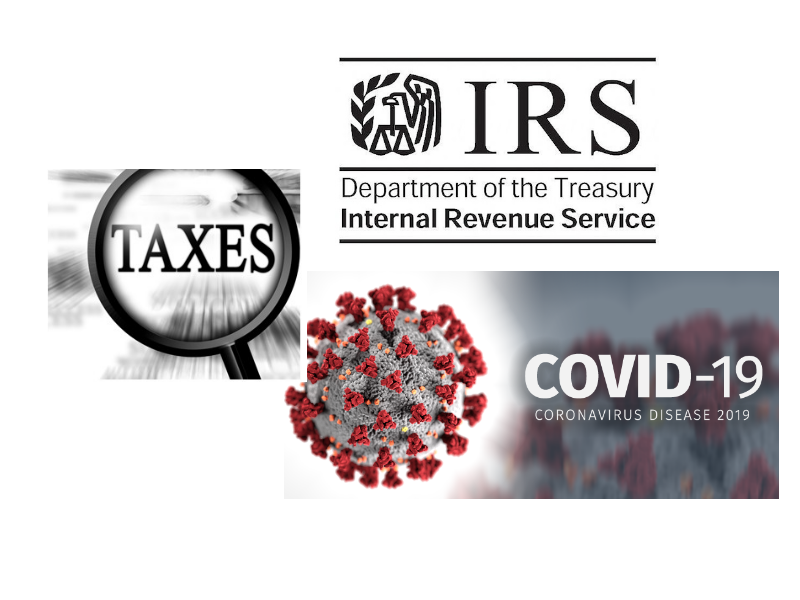The American Institute of CPAs (AICPA) has submitted comments requesting relief under section 473 of the Internal Revenue Code which would permit qualified taxpayers to mitigate substantial and unexpected increases to taxable income due to involuntary liquidations of last-in, first-out (LIFO) inventories caused by government actions necessitated by global public health concerns due to the COVID-19 pandemic.
Foreign trade interruptions due to the COVID-19 pandemic have prevented many companies and individual sellers from replacing their inventory – these interruptions meet the definition of a “qualified inventory interruption” under section 473(c)(2). These disruptions have created challenges for taxpayers who use the LIFO accounting method to maintain their operational inventory.
Without relief, many taxpayers will experience significant tax liabilities for the 2020 taxable year. The AICPA requests relief for taxpayers that:
- Account for their inventory under LIFO accounting method; and
- Experienced a decrease in their closing inventories caused by government actions in response to COVID-19
Section 473 was enacted to provide relief to taxpayers in similar situations and the AICPA requests that the Department of the Treasury and the Internal Revenue Service (IRS) apply this relief measure due to foreign trade interruptions and grant section 473 relief to taxpayers that experienced a qualified liquidation of LIFO inventory. The proposed notice should state the following:
- A taxpayer may elect relief under section 473 if the taxpayer experienced a qualified liquidation for a liquidation year.
- The election is made by attaching an election statement to its timely filed (including any extension) original federal income tax return for the first taxable year following the liquidation year (i.e., the first taxable year of the replacement period), unless the taxpayer is electing the safe harbor method described below.
- The election statement must include representations that: (i) the taxpayer is making an irrevocable election under section 473; (ii) the taxpayer experienced a liquidation in its LIFO inventory during the liquidation year; and (iii) the liquidation was attributable to the qualified inventory interruption described in the Notice.
- A qualified liquidation year includes taxable years ended March 31, 2020 through taxable years ending June 30, 2021.
- The applicable replacement period is the three taxable years following the liquidation year.
The AICPA recommends issuing the Notice immediately followed by additional guidance to provide a safe harbor method under which a taxpayer would:
- Disregard the liquidation for the liquidation year and would retain the LIFO layers related to the opening inventory of the liquidation year. Under this safe harbor method, the taxpayer would not recognize income attributable to the liquidation of these LIFO layers if the taxpayer completely replaces the inventory by the end of the replacement period.
- Attach an election statement to its timely filed (including any extension) original federal income tax return for the liquidation year. This election statement must include the representations listed above and a statement that the taxpayer is electing the section 473 safe harbor method.
- In cases where a taxpayer previously filed its federal income tax return for an eligible liquidation year, provide that the taxpayer may make a late election to use the section 473 safe harbor method by filing an amended return for the eligible liquidation year within 90 days of the date the guidance is published in the Federal Register, or by filing Form 3115 for its 2021 taxable year. A partnership that already has filed its return shall be permitted to file an amended return for the liquidation year reflecting the late election rather than an administrative adjustment request (AAR), similar to the relief provided in Rev. Proc. 2020-23, or by filing Form 3115 for its 2021 taxable year.
Thanks for reading CPA Practice Advisor!
Subscribe Already registered? Log In
Need more information? Read the FAQs




